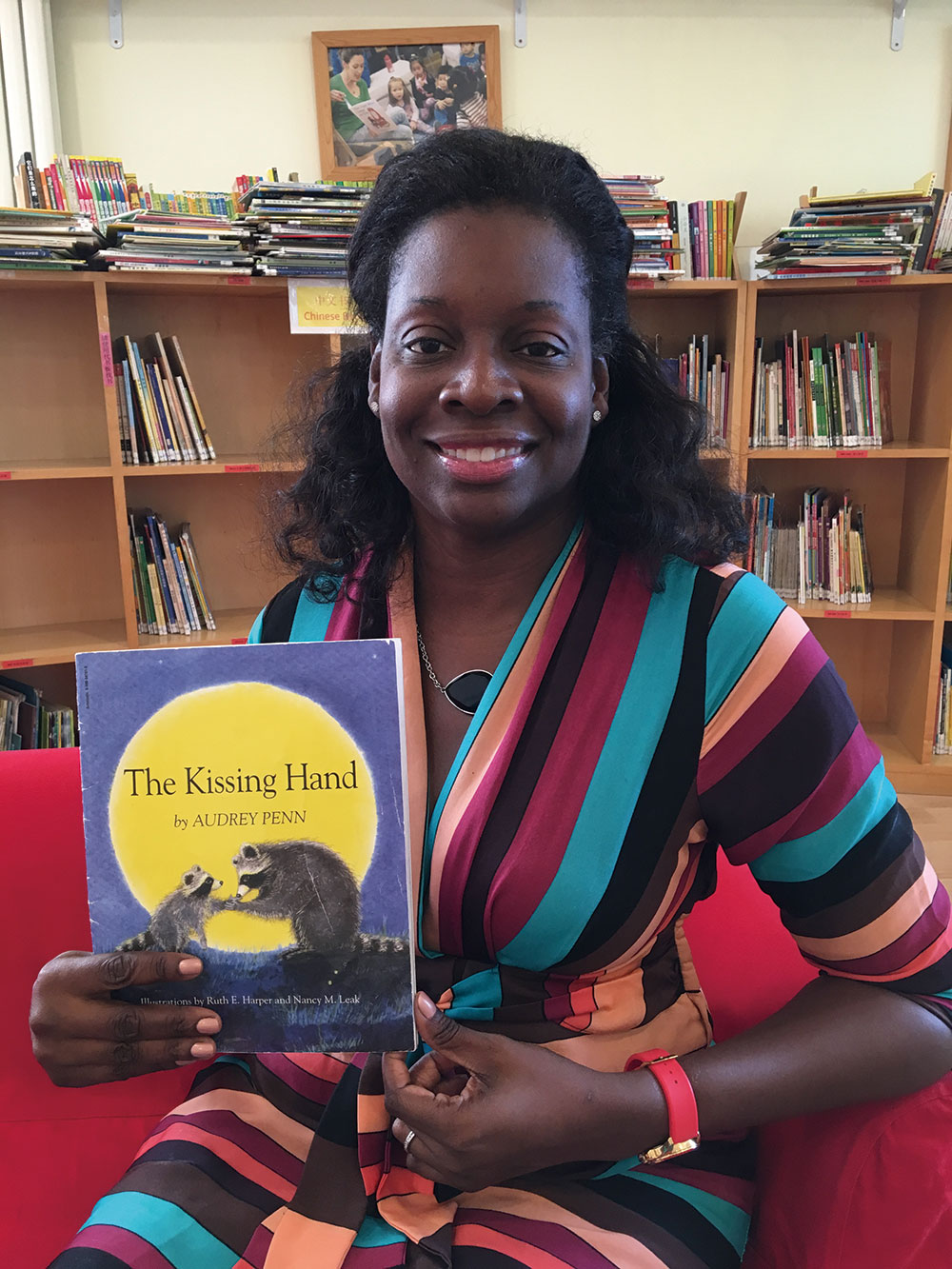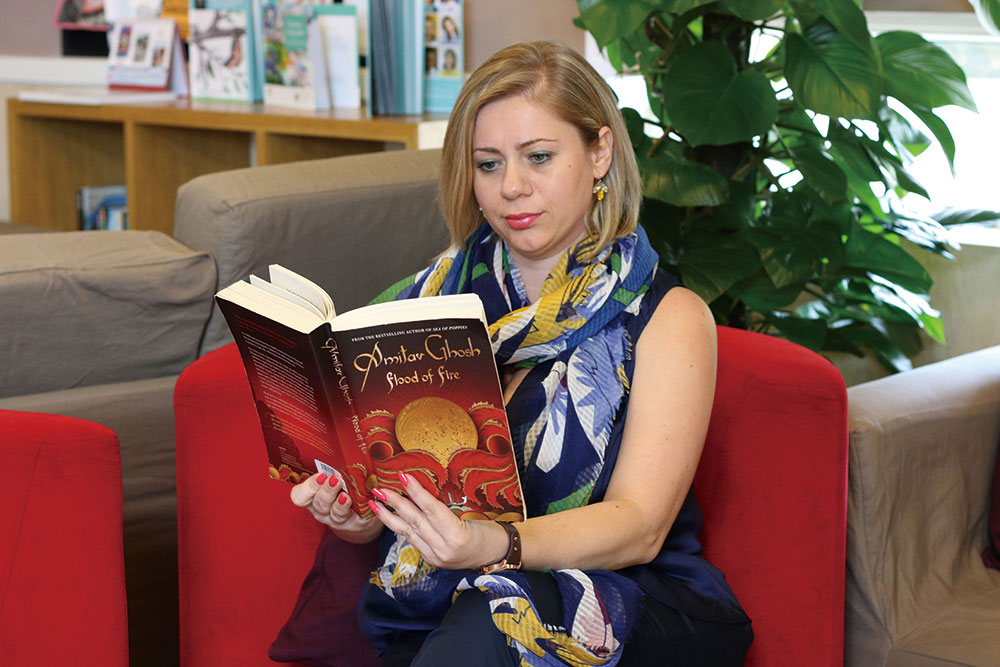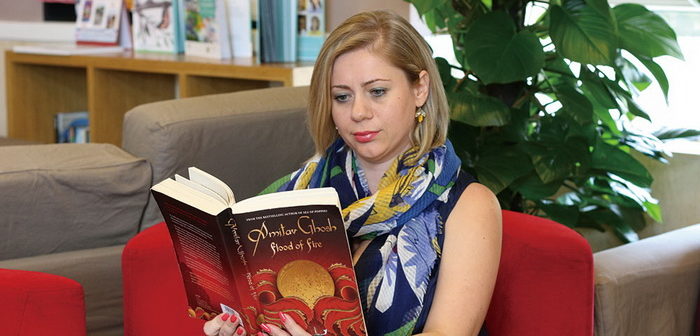Imagine having been an expatriate during a time when a handwritten letter took months to reach the recipient and then months for a response to return. Technologies like Skype make expat life seem bearable for families. Nonetheless, making a home thousands of miles away from where one was born breeds tough issues, especially for children and teens. Identity, language, and child-rearing culture clashes are obvious issues every international must face, but most expats will also wrestle with what to do when grandparents are ill, cousins are born, or one working parent needs to leave for a few months. Sonya Porcher, Researcher and Pre-Kindergarten Instructor at 3e International School, recommends parents use books to “assist students with dealing with their feelings and emotions in situations where they feel hopeless or powerless.” This may help in “building the student’s level of comfort so that they can develop open communication with parents and teachers.” She advises that parents communicate with the child and then the child’s teacher, especially for children experiencing difficult family anxieties. “Share with the child’s teachers when there are changes at home that may cause the child to behave differently, act out, or withdraw from the academic and social school environments.”
For preschool children, Porcher recommends I Love You All Day Long by Francesca Rusackas, The Kissing Hand by Audrey Penn, and Waterbugs and Dragonflies by Doris Stickney. I Love You All Day Long and The Kissing Hand both address how a child can be loved by a parent or family member when there is separation. The parental figures in these books reassure the child-sized main characters that their love will follow them no matter where they are or what they are doing. Waterbugs and Dragonflies ”uses metamorphosis to explain death to children. Children learn how when people die, they are waiting for us in a better place,” says Porcher.
For primary aged students, Porcher recommends The Boy Who Didn’t Want to Be Sad by Rob Goldblatt, The Invisible String by Patrice Karst, and When Dinosaurs Die by Laurie Krasny Brown.

Sonya Porcher of 3e with the book Kissing Hands.
The title character in The Boy Who Didn’t Want to Be Sad attempts to remove all sadness from his life by removing its sources, from broken toys to family members and friends. “In the end, he is left in a dark room and realizes that he has gotten rid of the things that make him happy,” Porcher comments. Both The Invisible String and When Dinosaurs Die focus on helping the reader cope with loss and separation, primarily caused by death. Porcher encourages parents to read her recommended books with their children, “discuss how they feel, and listen to [their children’s]thoughts about the stories.”
Salina Sanka, English Teacher in IB and IGCSE at the British School of Beijing, Shunyi, has been in Beijing for seven years and is personally familiar with raising children in an international context, as she has two daughters. One is also at BSB, Shunyi in Year 13, and the other is headed to the University of Manchester, UK, to study Science. The book she recommends is best for high school students and is the final book in a trilogy by Amitav Ghosh. Set in the 1800s and in part following the British empire’s expansion to seek control of both India and China, A Flood of Fire explores ”thematic concerns of identity creation, anonymity, and dichotomy that come with travel, and settling away from the familiar,” Sanka remarks.
The novel follows two men with mixed heritages as they trade and travel for economic gain. One character’s “clash of cultures… drives his ambition and in part fuels a recklessness with dire consequences for the characters around him,” Sanka explained. She adds, “[Ghosh’s] characters have an opportunity to re-create and transform themselves without the fear of censure from those who know them. Class and caste structures often strictly adhered to in their homeland are re-invented and various characters have the freedom to choose where they think they belong.” As teens often struggle with identity, this large novel would be perfect for a long winter holiday or an addition to a rigorous literature curriculum.

Erinda of BSB, Shunyi poses with the book recommended by Salina Sanka.
This article originally appeared on page 31 of the October 2016 Issue of beijingkids magazine. Click here for your free online copy. To find out how you can obtain a hard copy, contact distribution@truerun.com.




